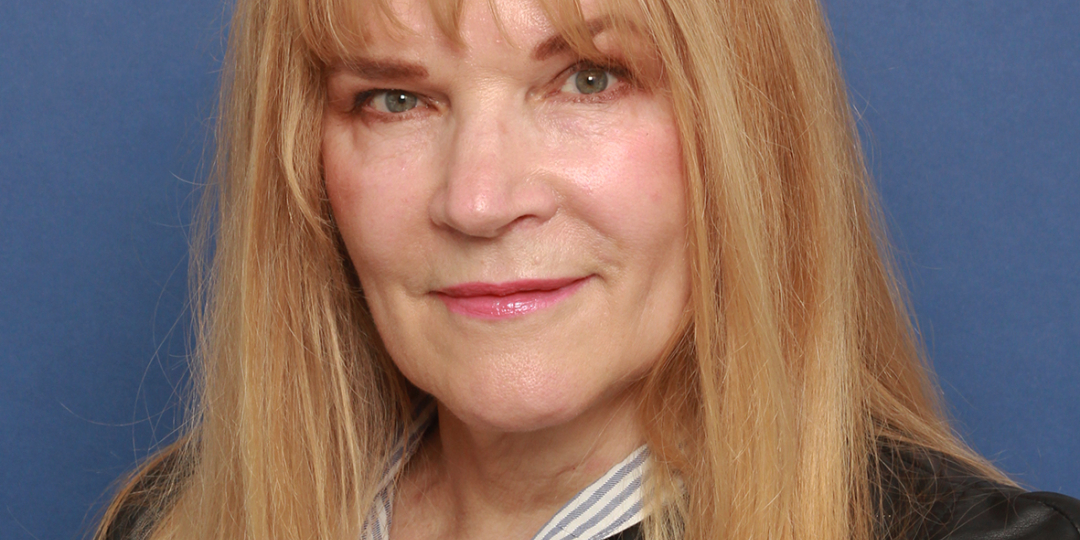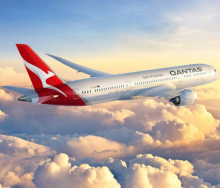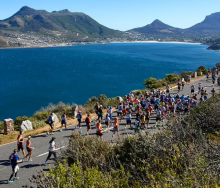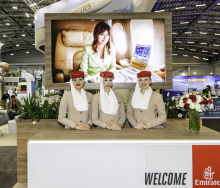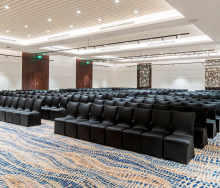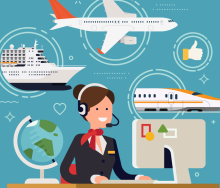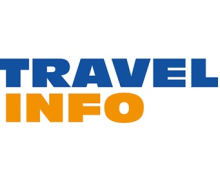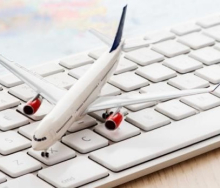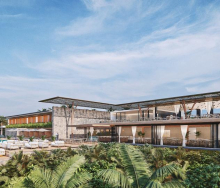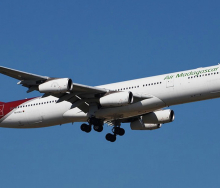While there were some concerns that were not addressed during President Cyril Ramaphosa’s State of the Nation Address (SONA) 2022 on Thursday evening (February 10), tourism industry leaders were encouraged by the announcement that South Africa would be streamlining and modernising its visa application process to make it easier to travel to South Africa for tourism, business and work.
Hospitality association, FEDHASA, and the Tourism Business Council of South Africa (TBCSA) both expressed their wish for this ahead of SONA.
TBCSA CEO, Tshifhiwa Tshivhengwa, said eVisa systems needed to be implemented as soon as possible. “There are clear signs of tourism recovery but we need to look at how do we fast-track that recovery? And enable tourists – from Africa and the rest of the world – to get here in the most cost-effective, efficient way possible.”
In his speech, Ramaphosa confirmed that, as committed to last year, the eVisa system had been launched in 14 countries, including China, India, Kenya and Nigeria.
“We were heartened to hear the reference to eVisas and that consideration is being given to remote working visas as we have been engaging with Government on both issues for some time,” said Rosemary Anderson, FEDHASA National Chairperson.
“The harder we make it for travellers to come to South Africa, the fewer travellers will come. We must consider how visa waivers and extensions, and special visas such as those for remote workers, can enable tourism while still supporting national security.”
She noted that, although a website – https://www.southafricavisa.com/ – had been launched for the issuing of eVisas, the current system did not fulfil the criteria for a world-class eVisa as it was not fully automated.
“You still need to visit your embassy for the visa to be issued and the system seems to be offline currently, with mention on the site that it will only go live from next month,” said Anderson.
Western Cape Premier, Alan Winde, also welcomed the news that the National Government was now considering introducing a Remote Working Visa.
“This follows submissions made by the Provincial Department of Economic Development and Tourism to their national counterpart, arguing for the introduction of a remote working visa last year, following my State of the Province Address announcement,” he said.
Stimulate job creation
Winde also welcomed Ramaphosa’s “unequivocal confirmation” that it is businesses that create jobs, not governments. “This is the established policy position of the Western Cape Government, and we believe it is a necessary foundation to base a successful economic recovery in South Africa.”
Anderson agreed, pointing out that there were several enabling factors that, if unlocked, would greatly help to stimulate job creation in the tourism and hospitality sector.
“We are constrained by the red tape associated with liquor licence applications, for example. Restaurants, hotels, micro-breweries and other hospitality businesses such as taverns have to wait up to two years before they can get a licence issued by the Liquor Board.
“For tourism transport providers, the totally dysfunctional NPTR (National Public Transport Regulator) makes it impossible to obtain the right permits to transport tourists. The disintegration of this entity has led to the closure of wheels businesses and hampered job creation in this sector. These are just two examples of the many government entities and red tape that are currently inhibiting job creation.”
National State of Disaster
Winde expressed disappointment that Ramaphosa did not use this important moment to provide clarity on when the National State of Disaster would finally come to an end.
“It is understandable that our normalised COVID-19 response will need to be incorporated into existing public health legislation. But we must ask why it has taken so long to do when this was raised months ago,” he said.
FEDHASA urged Government to lift the National State of Disaster urgently and, with this, the removal of the PCR test requirement for inbound travellers.
“This is a major deterrent for inbound international tourism and we need to align ourselves with other major international destinations that require only proof of vaccination for travellers to visit,” commented Anderson.
